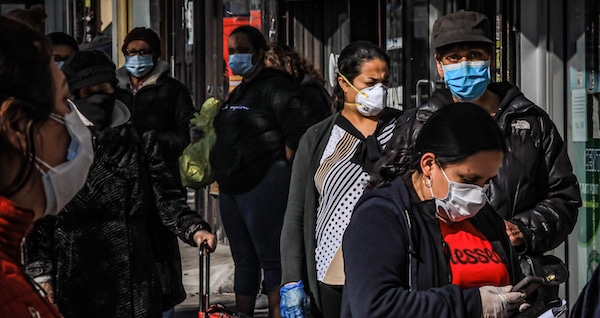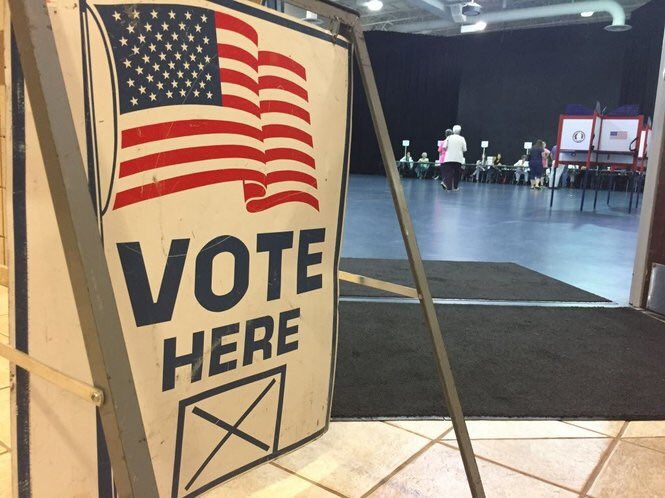The economic impact of the pandemics knocks Latino immigrant families hugely. As we
pointed out earlier, the Latino immigrant population continues to face many difficulties in finding non-precarious jobs in the country, with the requirement for a residence permit being the most decisive factor. In New Mexico, “undocumented” Latino families working in rural areas are most affected.
Faced with this reality, on January 13, activists under the banner of the New Mexico Economic Relief Working Group sent a petition to New Mexico legislators requesting payment of stimulus and tax credits for families. earning less than $35,000 a year, as reported by
ABC's News 10.
“The members of New Mexico Economic Relief Working Group are calling on their state legislature to allocate $15.6 million to the Human Services Department so low-income adults can get a $600 stimulus payment. They’re also calling for tax credits and other benefits for families making less than $35,000 a year. […] The poll says 26 percent spent all of their savings last year and have gone into debt, while 60 percent have less than $1,000 in savings and 30 percent aren’t paying their bills on time”, according to News 10.
According to the aforementioned survey, 28% of Latinos in New Mexico have received less than $20,000 in the past due to reduced working hours and reduced business activities by the pandemic.
In terms of health, according to the publication, “5 percent of Latinos in New Mexico have a family member who has died of COVID-19. This has to do with lack of adequate access to medical care and higher rates of underlying conditions that place their lives at risk once they contract the coronavirus. The Centers for Disease Control and Prevention (CDC) state that Hispanics are twice as likely as non-Hispanic whites to develop type 2 diabetes, for instance”.
Mirna Lazcano, a member of the Albuquerque-based El Centro de Igualdad y Derechos, told to the report how her own family faced some difficult choices: ‘During the pandemic, my husband, who works in construction, and I have accumulated financial debt since they cut our hours. We have both gotten sick from COVID. […] We live day to day to pay bills and keep the utilities on. […] We shop the least expensive brands (of groceries) and limit the amount of meat we eat’. “Lazcano, who cleans houses and babysits for a living, said she has gone to food banks to make sure her family has enough to eat”
.
 mronline.org/AP Photo/Bebeto Matthews
mronline.org/AP Photo/Bebeto Matthews











